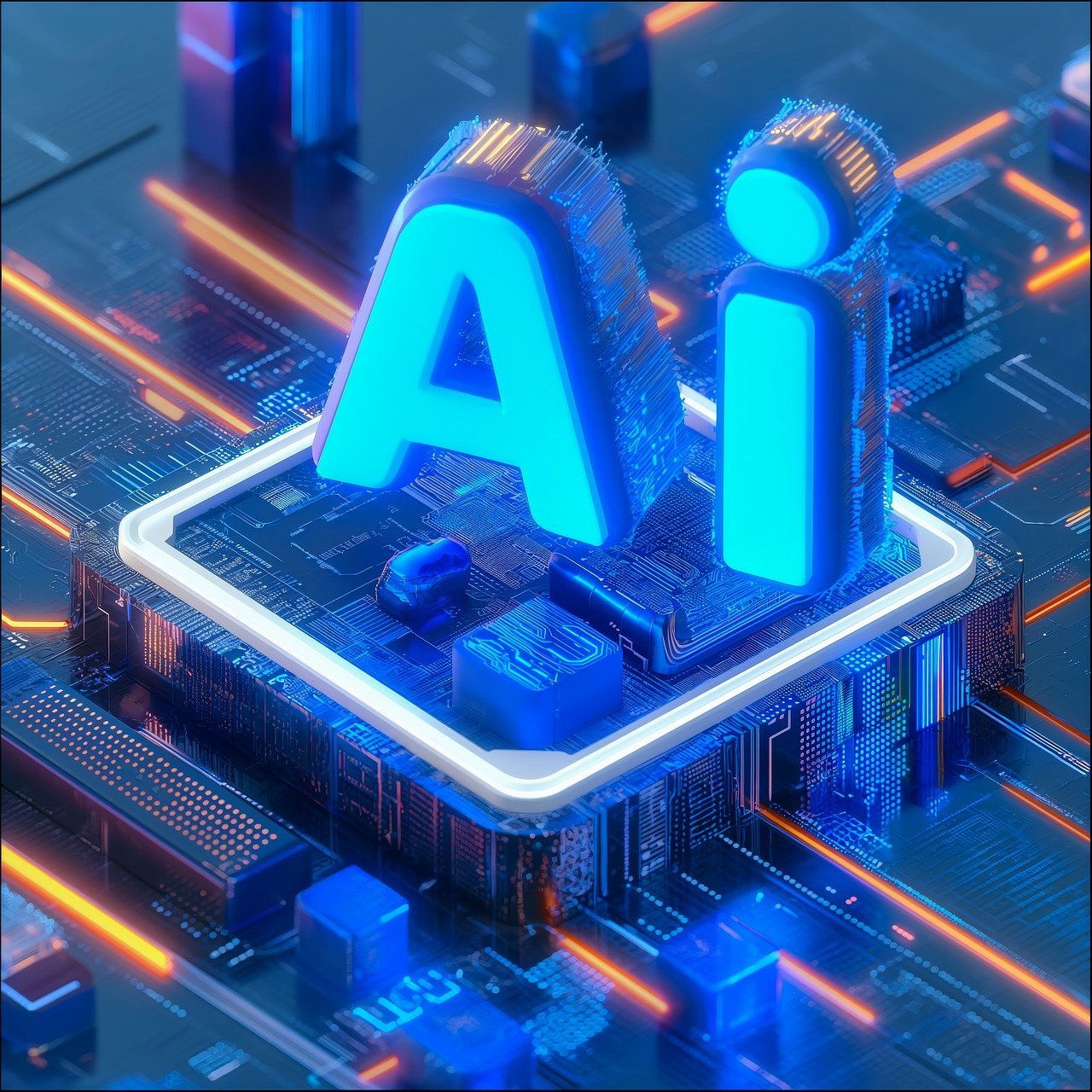As artificial intelligence (AI) continues to transform industries and redefine possibilities, ethical considerations are becoming paramount. The rapid pace of AI innovation has unlocked unprecedented opportunities but has also raised complex moral questions about its impact on society. Striking the right balance between technological progress and ethical responsibility is not just a challenge for developers—it’s a necessity for all stakeholders, from policymakers to end-users.
The Promise and Perils of AI
AI’s potential is boundless. From enhancing healthcare diagnostics to automating complex industrial processes, its applications are reshaping how we live and work. However, this power comes with risks:
- Bias and Fairness: AI systems often inherit biases present in their training data, leading to unfair outcomes. For example, facial recognition algorithms have been criticized for higher error rates when identifying people of certain ethnicities.
- Privacy Concerns: AI thrives on data, but the collection and use of personal information pose significant privacy challenges. Cases of data breaches and unauthorized surveillance highlight the need for stricter safeguards.
- Accountability: Who is responsible when AI makes a mistake? Whether it’s a self-driving car accident or a flawed hiring algorithm, assigning accountability in AI-driven systems remains a legal and ethical gray area.
Core Principles of Ethical AI
To address these challenges, several guiding principles for ethical AI have emerged:
- Transparency: AI systems should be explainable. Users and regulators need to understand how decisions are made, particularly in high-stakes scenarios like healthcare or criminal justice.
- Fairness: Ensuring AI does not perpetuate or amplify existing inequalities is crucial. Developers must prioritize diversity in training data and test for biases regularly.
- Privacy Protection: Data collection must be limited to what is necessary, with robust encryption and user consent mechanisms in place.
- Accountability: Clear guidelines should define who is responsible for AI decisions, including provisions for redress in cases of harm.
- Human-Centric Design: AI should augment human abilities, not replace them. Systems must be designed with user safety, dignity, and empowerment in mind.
Corporate Responsibility in AI Ethics
Tech companies play a pivotal role in shaping AI’s ethical landscape. Many organizations have adopted frameworks and dedicated ethics teams to guide development. For instance:
- Google: Established AI principles emphasizing fairness, safety, and societal benefit.
- Microsoft: Invested in tools for identifying and mitigating bias in AI systems.
- OpenAI: Advocates for transparency and safety in AI research, with a focus on aligning AI with human values.
However, self-regulation alone is insufficient. Companies must collaborate with governments, academia, and civil society to create robust, enforceable standards.
The Role of Education and Public Awareness
Ethical AI is not just a technical issue; it’s a societal one. Educating the public about AI’s capabilities and limitations is critical for informed decision-making. Schools, universities, and media outlets must demystify AI, empowering citizens to engage in discussions about its ethical implications.
Future Outlook: Building Trust in AI
The road to ethical AI requires vigilance and collaboration. Here’s how we can ensure AI serves humanity responsibly:
- Interdisciplinary Collaboration: Engineers, ethicists, lawyers, and sociologists must work together to address AI’s multifaceted challenges.
- Inclusive Development: Marginalized communities must have a seat at the table to ensure AI benefits all of society.
- Continuous Evaluation: Ethical guidelines must evolve alongside AI technology, adapting to new challenges and opportunities.
Conclusion
Balancing innovation with responsibility is the defining challenge of AI’s evolution. By embedding ethical considerations into every stage of AI development—from design to deployment—we can harness its transformative power while safeguarding fundamental human rights. The question is not whether we can create powerful AI systems but whether we can do so responsibly. The future of AI—and its impact on humanity—depends on our collective ability to strike this balance.
Visionaries News Official (@visionariesnews) / X
